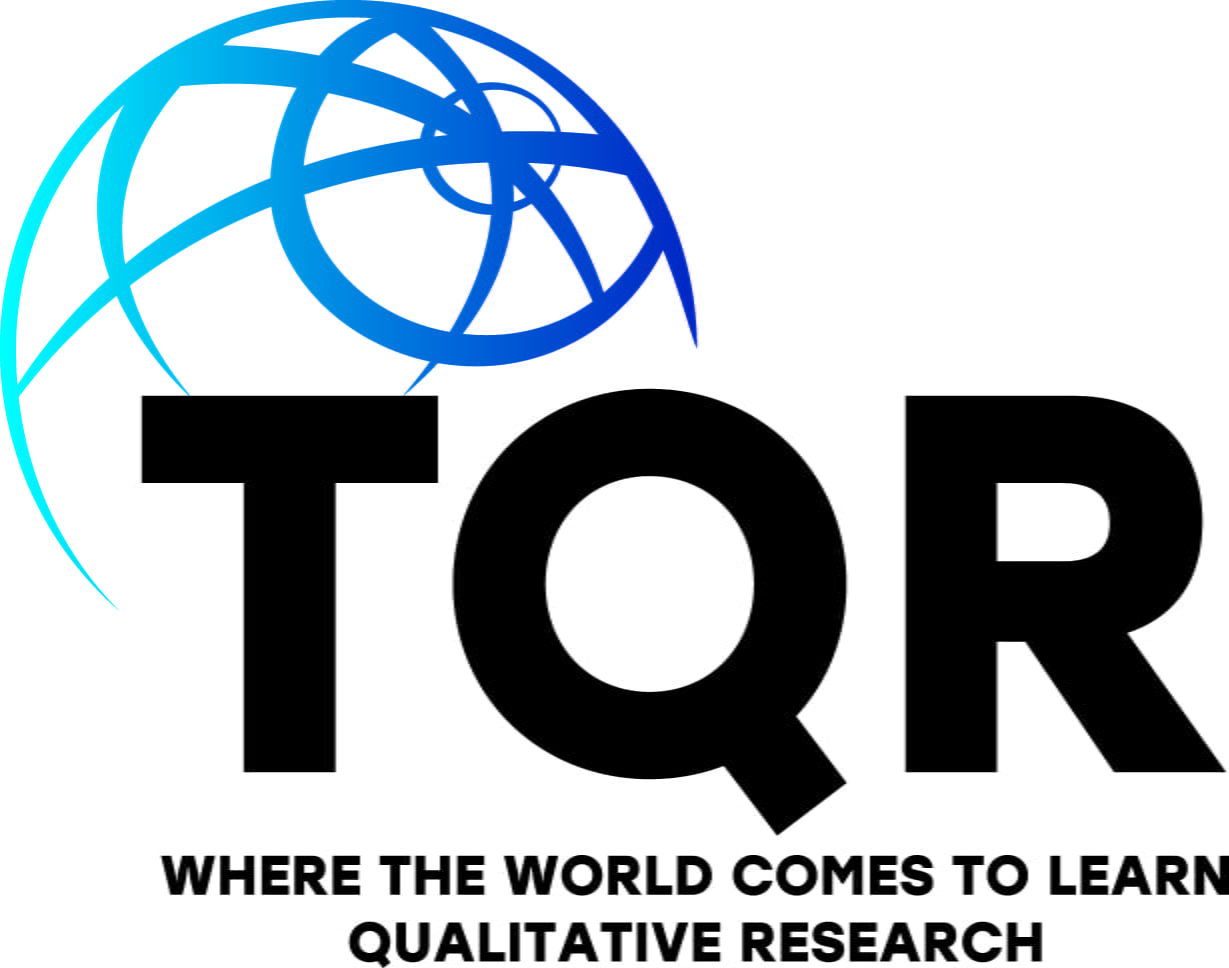Qualitative Research Resource Series
TQR Community Qualitative Research Resource Series
Volume 1 Number 2
A Compendium of Teaching and Learning Qualitative Research Resources
Posted: April 10, 2012
Updated: November 29, 2018
Researchers and scholars around the world have produced a sizable body of literature focusing on learning and teaching qualitative research. Although there is no definitive consensus on what constitutes a singular set of “best practices” for mentoring and training qualitative researchers, this published corpus of work reflects a definitive effort on the part of the qualitative research community to make its preferences more transparent and to engage in a on-going conversation of what “quality in qualitative research didactics” means for teacher and student alike.
To help faculty members, students, supervisors, and trainers become more familiar with the teaching and learning literature I have compiled a compendium of articles, chapters, books, and web resources. This current collection, presented in this compendium, the second publication of the TQR Community Qualitative Research Resource Series, reflects prescriptions and descriptions authors present when it comes to conducting and evaluating qualitative research pedagogical and andragogical learning experience.
By no means is this set meant to be definitive or exhaustive; rather, the works I present in this report are ones I have collected and utilized in my work over the last four decades. To me, they collectively present sage advice on how to teach and learn qualitative research. In this capacity these authors share their prescriptions regarding philosophies, methodologies, for activities facilitating the learning of qualitative research practices. They also share their experiences as learners and instructors of qualitative inquiry. As a collection they present a fascinating cross, multi, and transdisciplinary view of historical and contemporary qualitative research didactics.
These works also illustrate the variety of designs used to study these two related educational activities. The recursive relationship between studying the teaching and learning of qualitative research with qualitative research methodologies and procedures creates an interesting both/and view of qualitative researchers researching qualitative research didactics qualitatively. Given this methodological juxtaposition it makes sense that a majority of these research studies on teaching and learning qualitative research are discovery-oriented, naturalistic observations and reflections on the qualities of insiders’ perspectives of teaching and/or being taught qualitative research. As this body of work continues to grow and diversify, I can envision this first-generation of observational qualitative case studies will be joined by interventional and comparative studies along with meta-studies and narrative reviews. Such methodological diversity and pluralism can be taken as a positive sign that the world of qualitative learning reflections continues to develop and evolve.
Readers of this report are encouraged to explore these resources and to utilize them in their own work. Consumers of this resource are also invited to suggest additional resources to be included in subsequent revised editions of this work. Information on how you can contribute to the next edition of this resource can be found at the end of this report.
